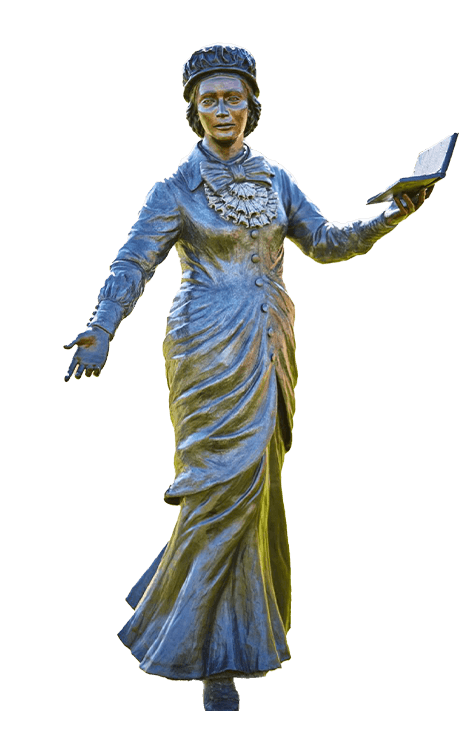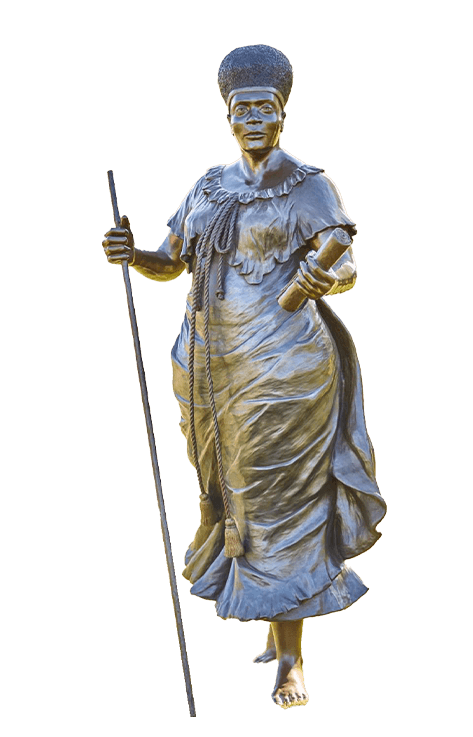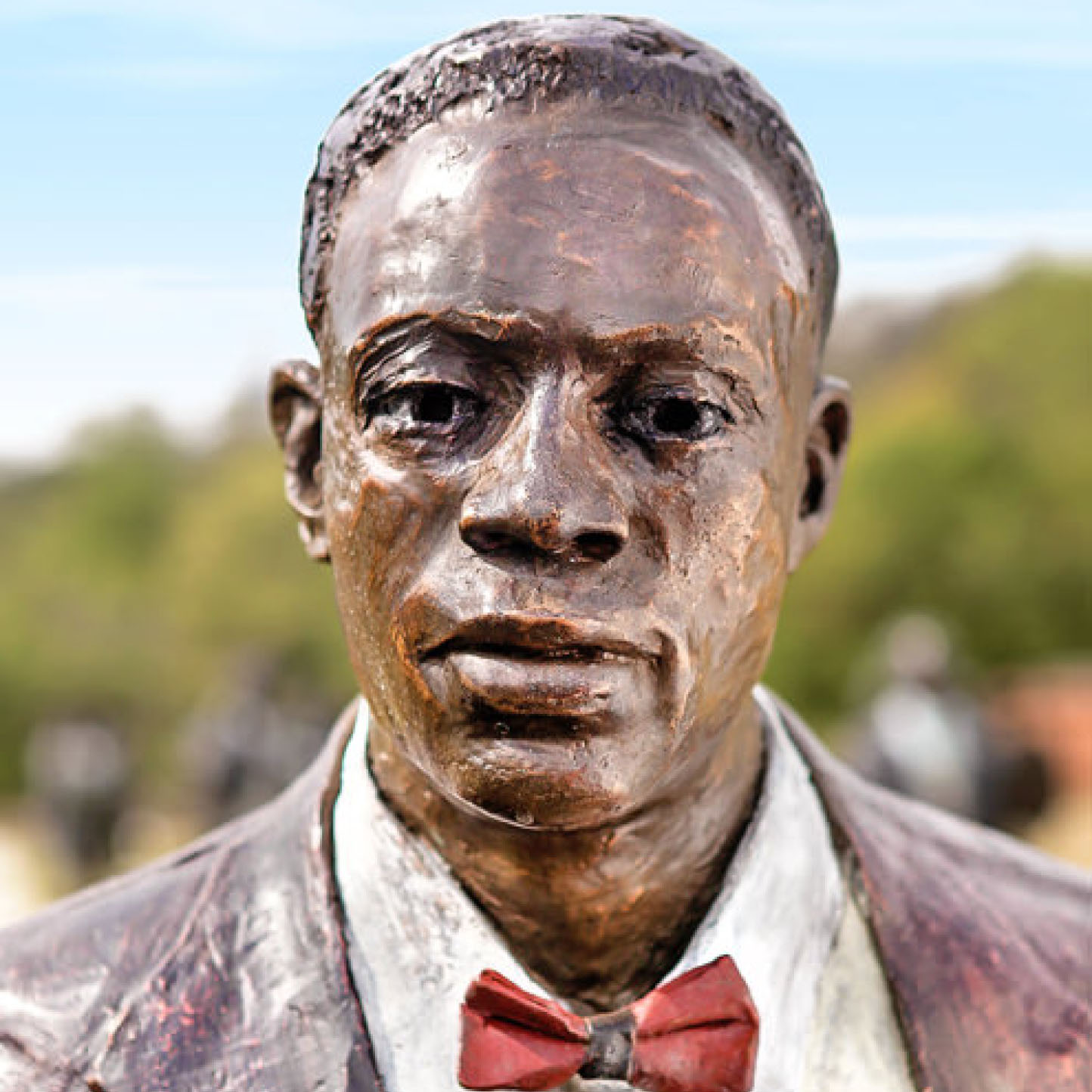
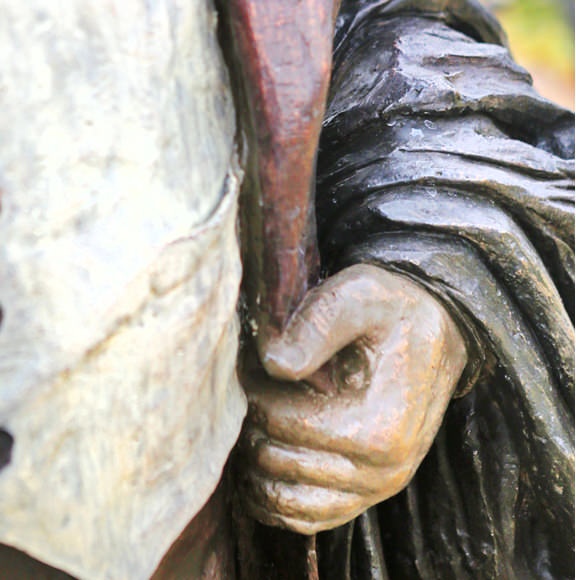
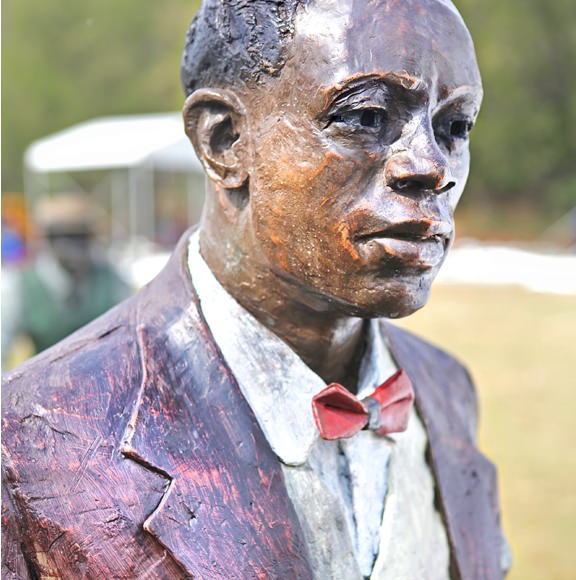
"All we ask for is justice. England plumes herself as the champion of the oppressed against the oppressor. Let her then guard us against the rapacious mine owners. We don't want to swamp the white man in Africa. But we desire a share in the country, and some political rights."
Alfred Mangena in the article 'The Native's side of the Natal Row', Des Moines Daily News, 8 August 1906
Alfred Mangena
1879 - 1924
Founding Member and one of four Deputy Presidents of the South African Native National Congress
Mangena was born in Estcourt in present-day KwaZulu-Natal.
He matriculated in Great Britain and studied law at Lincoln's Inn in London before becoming the first black South African to be called to the British Bar in 1909.
After the 1906 Anti-Poll Tax rebellion, while still studying, he presented a petition to the British government on behalf of those facing trial - including the Zulu king Dinuzulu - and laid a charge against the Natal governor for illegally declaring a state of emergency.
He also vigorously protested Britain's South Africa Act, which merged the British colonies of the Cape of Good Hope, Natal, Orange River Colony and Transvaal, granting the white minority power over the black majority.
Mangena returned home in 1910 as the first qualified black lawyer and an advocate of the Supreme Court of South Africa, with offices in Pretoria and Johannesburg. He was one of the principal founders of the South African Native National Congress (later renamed the African National Congress) and a vocal legal voice against the Natives Land Act of 1913, which effectively denied Africans access to 87% of the land. In the same year, Mangena founded a newspaper called the African Native Advocate, better known simply as the Native Advocate, edited by Sefako Makgatho.
Alfred Mangena pioneered the way for black lawyers in South Africa, becoming a strong legal force in the early 1900s. In 1916 he went into partnership with Pixley ka Seme under the name 'Mangena & Seme, Solicitors', hoping to use the law not only to advance his professional status but also to defend the oppressed against the white regime in the law courts.
Mangena was very popular throughout South Africa and received invitations from chiefs all over the country. He was a fearless man whose life was often in danger because he successfully defended black South Africans against their white counterparts. Long troubled by ill health, he died at his home in Umtata in the Eastern Cape in his early forties.
In his obituary, the educator and writer, Professor DDT Jabavu, wrote that nobody ever thought Mangena would be cut down so early in life and that the heart of all his people 'are deeply wounded by this blow'.
